New Delhi, October 18, 2025: Pahlé India Foundation (PIF), a Delhi-based think and action tank focused on evidence-based policy research, released a landmark report titled “Enhancing Female Entrepreneurship and Employment in the MSME Sector – A Gender Intentional, Multi-State Perspective.” The report provides actionable insights to strengthen women’s participation in India’s Micro, Small, and Medium Enterprises (MSME) sector and foster a more inclusive entrepreneurial ecosystem.
The study, conducted across six states—Chhattisgarh, Gujarat, Maharashtra, Odisha, Tamil Nadu, and Uttar Pradesh—used a mixed-method approach combining qualitative and quantitative research. It involved focused group discussions with women entrepreneurs and consultations with government and ecosystem stakeholders to develop practical, evidence-based recommendations.
Key findings of the report highlight major challenges faced by women entrepreneurs, including limited access to finance, market linkages, and digital literacy. Over 60% of MSME owners reported difficulty in accessing financial services, while women-led ventures faced longer loan processing times, affecting growth. The report noted that social media platforms are emerging as significant tools for market access and mentorship, though systemic barriers persist.
At the launch event, Delhi Chief Minister Rekha Gupta emphasized the need for “systemic support over mere rhetoric” to empower women entrepreneurs. She announced a major initiative to enhance financial inclusion for women in the state, saying,
“The special scheme of the Delhi government will be starting in Delhi for women entrepreneurs, giving loans up to ₹10 crore without any collateral. This is a unique initiative of the Delhi government, and it is designed to provide the necessary capital for our female entrepreneurs to scale their ventures and contribute significantly to the economy.”
Ms. Archna Vyas, India Director (Designate), Gates Foundation, underlined the importance of evidence-based policy and gender-focused economic strategies. She said, “Our report makes clear that a large segment of our economy operates outside traditionally regulated spheres. To truly achieve the goal of ‘Viksit Bharat,’ we must acknowledge and systematically empower this sector, driven by ‘Women-Led Development.’ These three factors—capital, market access, and skill development—are the key determinants for transforming women’s entrepreneurial potential into large-scale economic success.”
Adding to the discussion, Ms. Swati Sharma, Joint Secretary, Department of Rural Development, Government of India, called for a “whole of society” approach and convergence across ministries to strengthen women’s participation in the MSME ecosystem. She noted,
“Every state has its own needs and requirements, and we need to keep in mind the abilities of the women we want to make abled. A one-size-fits-all approach is not going to work.”
She emphasized the need for robust data to identify gaps and improvement areas, appreciating the role of organizations like Pahlé India Foundation in translating on-ground realities into policy insights.
Through this study, Pahlé India Foundation reinforces its commitment to advancing gender equity, entrepreneurship, and financial inclusion by generating data-driven recommendations that can inform national and state-level policymaking for women-led growth in India.




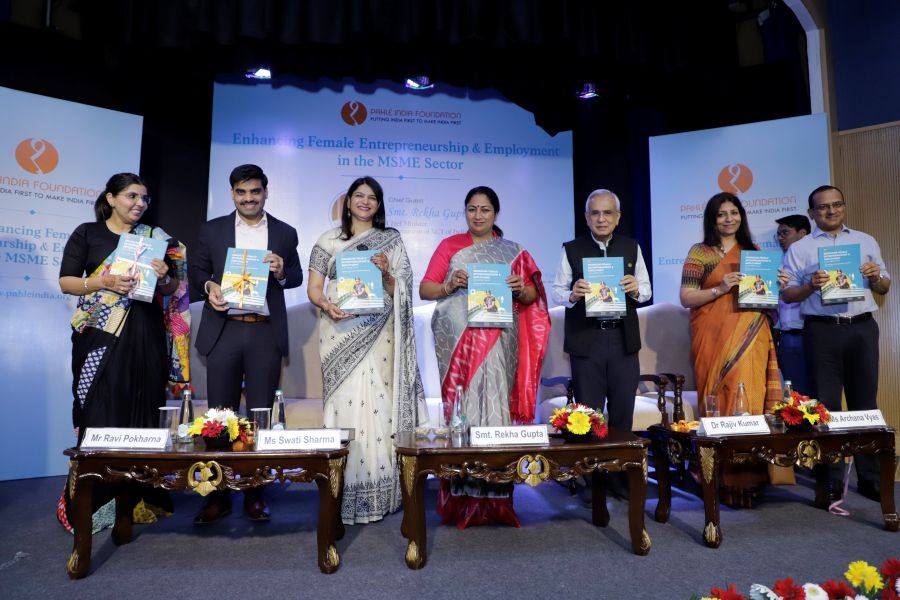

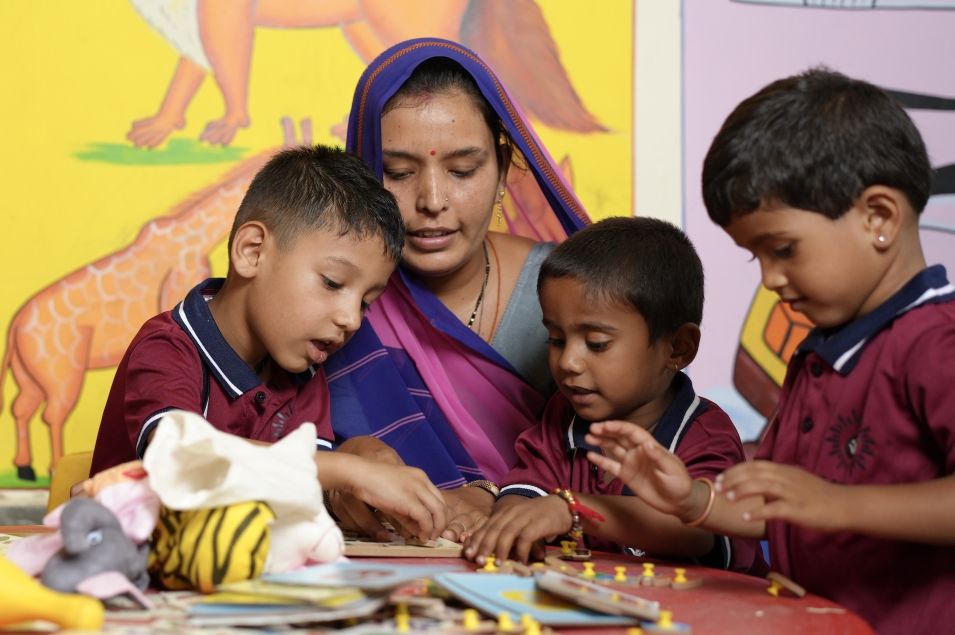
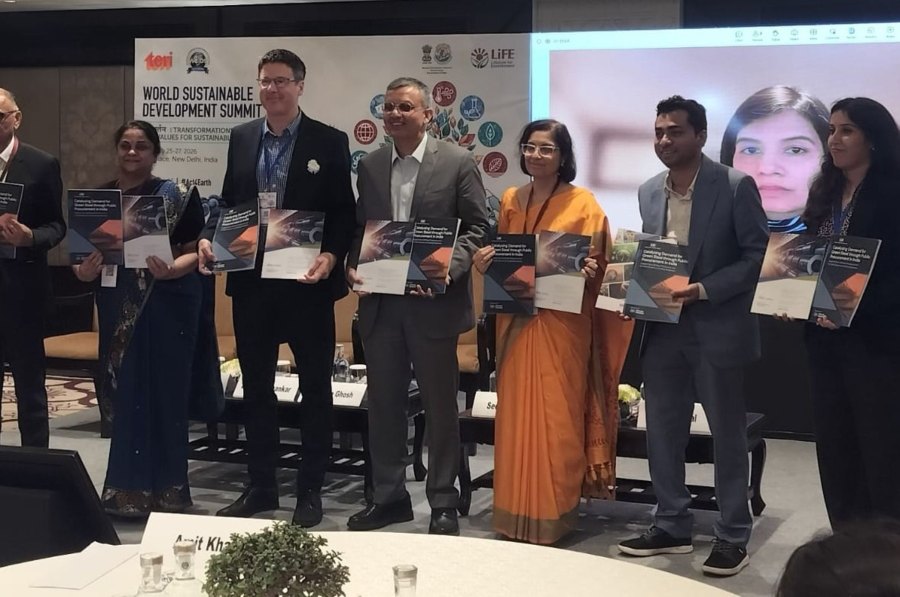
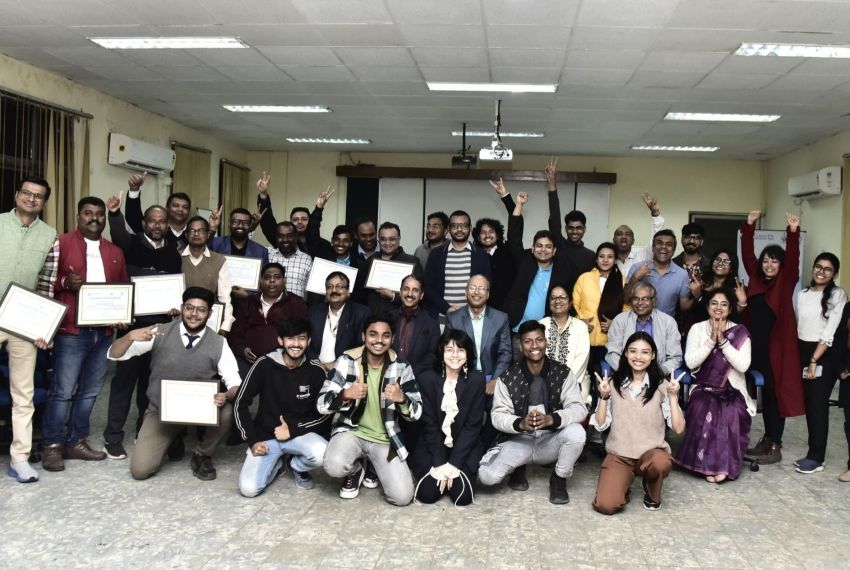
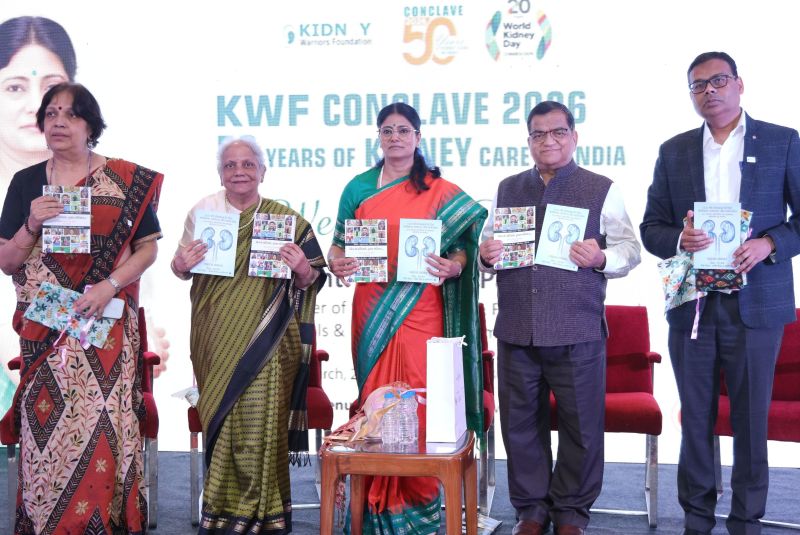
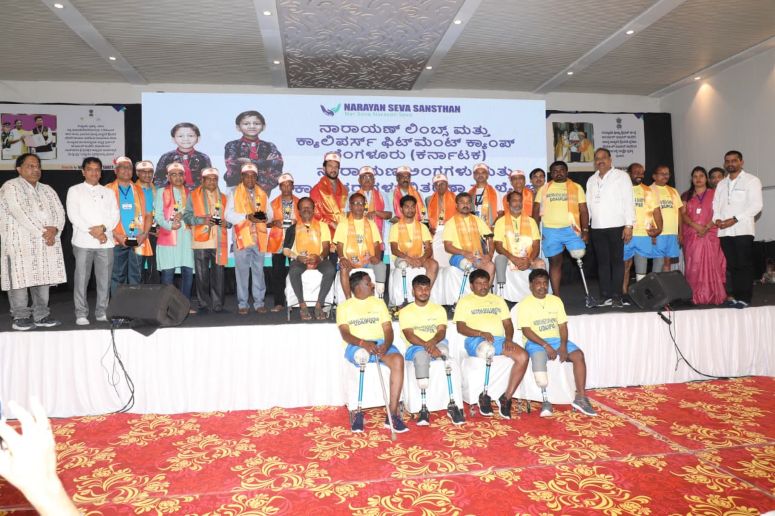
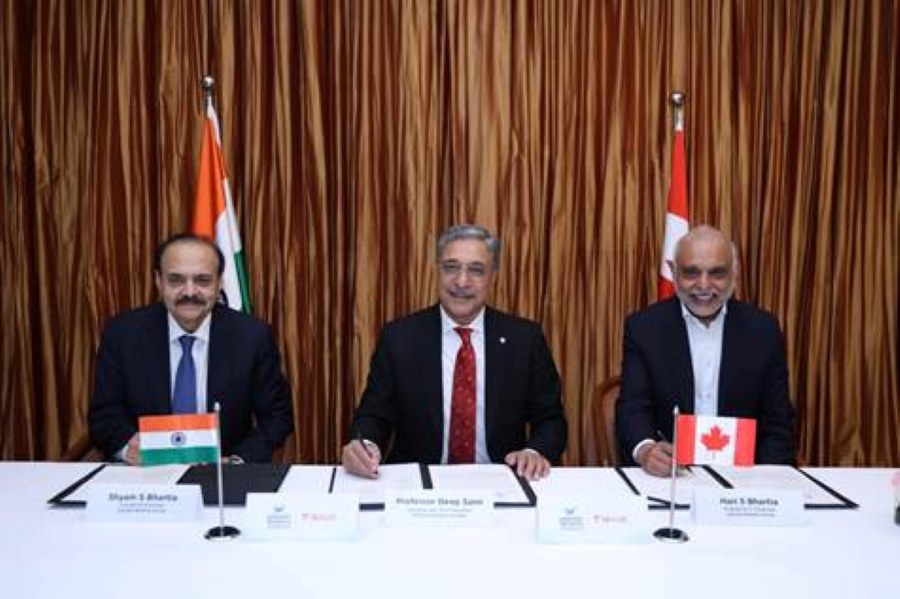
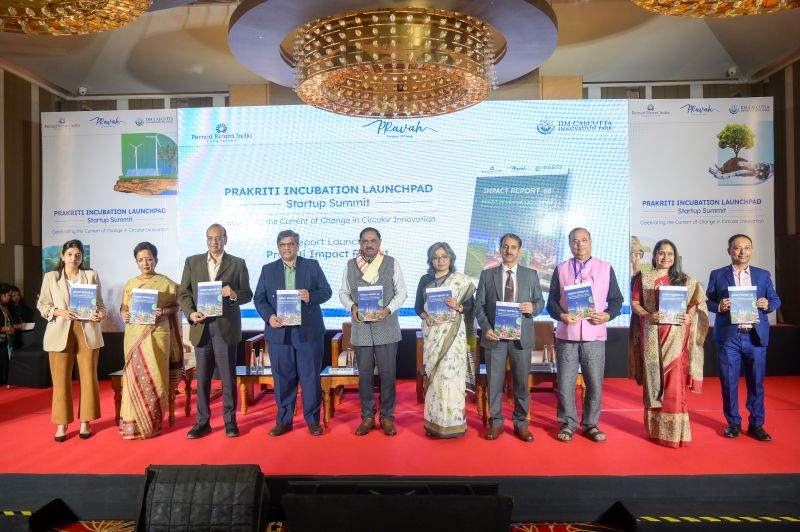
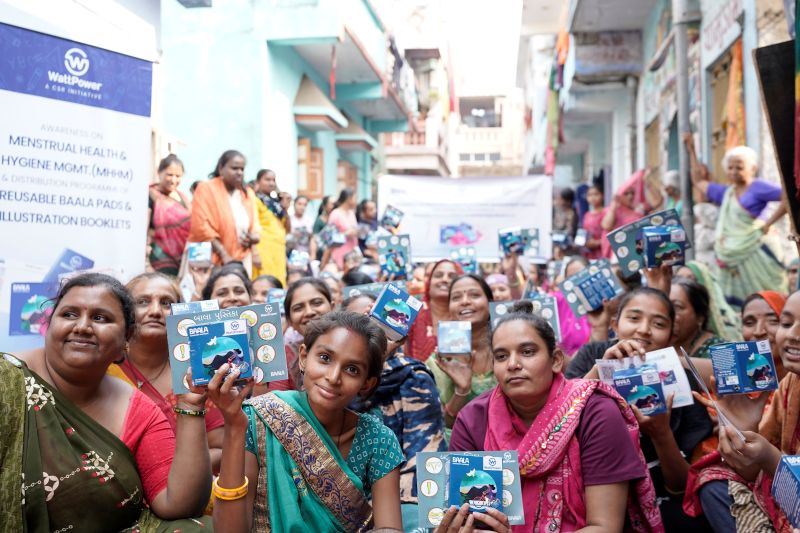
.jpg)








